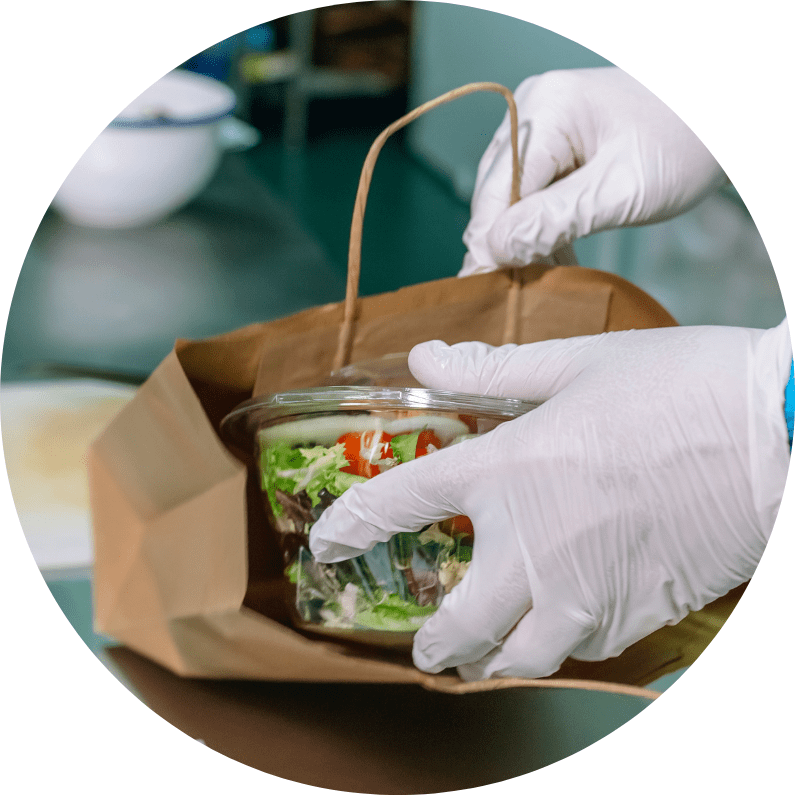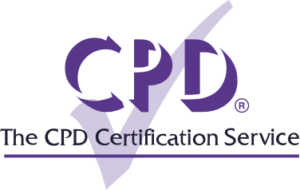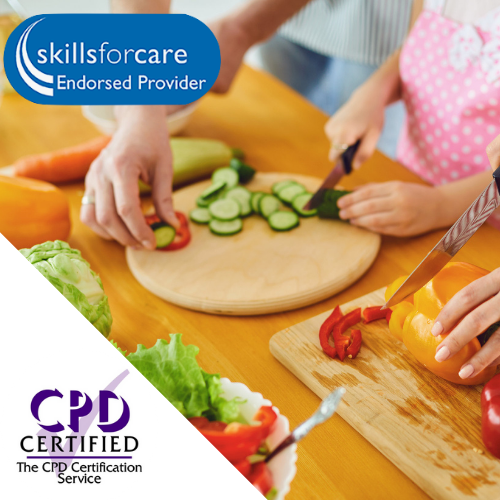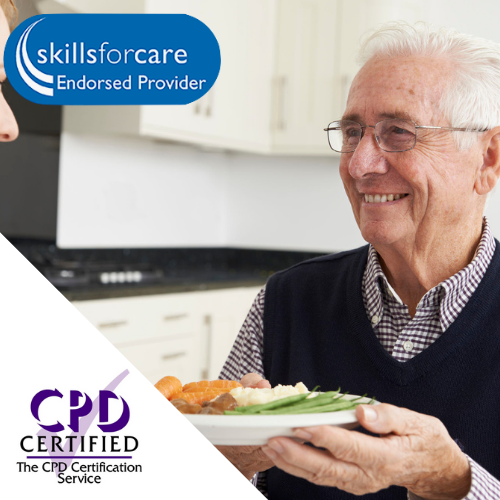In this Takeaway Owners CPD Guide
Why do Takeaway Owners need CPD?

A food takeaway shop is a type of restaurant where customers order food to be taken away and consumed elsewhere, rather than it being consumed on the premises. A customer may come into the shop to purchase food directly, or order from home and ask for the food to be delivered.
A takeaway shop owner is someone who owns and operates a business that sells food or drinks for customers to take away and consume elsewhere or have delivered to their home. The number of takeaway shops in the UK has increased over the years, with more people using takeaway services to eat at home instead of dining out in restaurants. As of 2021, there were over 56,000 takeaway shops in the UK. Each of these takeaway establishments must meet their customers’ needs for food and customer satisfaction, whilst ensuring their safety.
What our customers have to say
Dan King
Mobilisation, Training & Performance Manager

Sophie Aiken
HR Manager

Harriet Lee
Retail Recruitment Manager

What CPD courses do Takeaway Owners need?
Food businesses need a range of knowledge to manage their businesses. This is covered in many of our CPD courses.
Some well-suited courses for a takeaway shop owner include:
Improving Food Hygiene – this course teaches you about the UK Food Hygiene Rating Scheme (FHRS) and how this applies to your business. As a takeaway owner, you will be inspected to assess your food hygiene. It covers what the focus of a food hygiene inspection is, and how to meet the standard requirements.
Allergen Awareness – this course is designed to provide the necessary knowledge of allergies and intolerances for food handlers. This can help you to reduce cross-contamination and keep your customers safe from allergic reactions which could have major impacts.
Anaphylaxis Awareness – this course will cover the 14 most common sources of food allergies highlighting risk locations that people should try and avoid if they suffer from allergies. As a food handler, you will learn how to recognise a reaction early in the process and examine the importance of food labelling and what the legal requirements are for companies to do this.
Anti-Money Laundering – this course will explain what money laundering is and the warning signs and red flags that should alert you that someone is involved in money laundering.
Complaints Handling – in this course you will gain knowledge on handling complaints in the correct way. This will reduce the risk of lost custom and help to retain brand loyalty. To learn this, you will explore how complaints may be received, examples of complaints being handled poorly, as well as complaints being handled well.
Conflict Management – conflict management is suitable for anyone in a workplace as conflict can occur in any environment. How to manage these situations effectively is important to business and can prevent situations from escalating. The best way to resolve conflicts in the workplace is to prevent them from happening in the first place, which will be explored in the course.
Employment Law – this course explores employment law and why it is important. You will gain knowledge of the main employment laws in the UK; namely, the Health and Safety at Work etc Act 1974, the Employment Rights Act 1996, and the Equality Act 2010. It will also cover the recruitment process, leave entitlements, working arrangements, disputes, grievances, and creating an employee handbook (all of which are crucial for businesses with employees such as takeaway owners).
Food Labelling Regulations Training – food labelling regulations ensure food labelling is regulated to protect consumers from misleading information. This course will provide information on the legal requirements for labelling under the Food Information Regulations 2014 and the Food Information to Consumers Regulations. It will also include what can and cannot be printed on food packaging.
Food Safety and Hygiene for Retail – this provides the basic information on food safety and hygiene and will help you understand your role in keeping food safe. This is a requirement for food handlers to complete their work activities. It will include a legal overview, food safety hazards, food contamination, cleaning premises and personal hygiene.
Hazard Analysis and Critical Control Point (HACCP) – this course will teach you the preventative approach to food safety. It looks at the different hazards that could affect food production processes and how these can be controlled to prevent illness and injury to customers.
Download our CPD trackerA guide to CPD for Takeaway Owners
Takeaway owners provide a food service to their customers by offering a variety of menu options, ensuring food is prepared and served quickly and accurately, providing a clean and welcoming environment, and offering friendly and attentive customer service. This includes listening to customer feedback and making improvements based on their suggestions.
There are a wide range of regulations and pieces of legislation that a takeaway owner must meet because they are serving food. Food establishments in the UK must comply with food safety regulations outlined in the Food Safety Act of 1990 and the Food Hygiene Regulations of 2006. These regulations require food establishments to ensure food is safe to eat, maintain a clean environment, train staff in food safety, and keep records of their activities. Additionally, takeaway owners must also comply with specific regulations related to food handling, storage and temperature control.
Continuing professional development (CPD) can help takeaway owners to adhere to the food and customer service regulations and requirements. CPD means that you complete training activities throughout your professional career to stay abreast of the latest developments in your industry.
CPD activities can include the following:
- Reading and research
- Webinars
- Watching tutorials
- Tutoring or mentoring
- Job shadowing
- Attending conferences or workshops
- Completing CPD courses
CPD certificates
Our CPD courses can be completed online so there is no requirement to attend anything in person. This means that our CPD courses can fit around busy work schedules and be completed at any time of the day. You will receive a CPD certificate upon successful completion of your chosen course and this will be available to access immediately via download. There is also an option to print off your certificate or opt for us to post you a hard copy.
Logging CPD hours
There are no time limits on our CPD courses, meaning that you can complete them in as much time as you need. However, we advise you to log the time spent on your course to create a log of your CPD hours. Logging your CPD hours can form part of your CPD training portfolio, as this will show the amount of time that you have spent on CPD training. As well as logging the time you spend on your CPD course, you can log the hours spent on other CPD activities such as webinars, research, reading, mentoring and job shadowing.
Keeping evidence
Your logged CPD hours and your CPD certificate are your CPD evidence. It is important to keep them safe so that you can show your industry regulator what training activities you have been doing during your practice. Regulators such as food hygiene standard officers may request proof of completed training to show that you understand how to protect customers in food safety, which is where your CPD training portfolio can evidence this.
Renewing CPD certificates
You will receive a CPD certificate that can be used as CPD evidence for all of the courses that you complete with us. However, these certificates will have to be renewed every two years in line with changes and updates to your industry regulations. By renewing your CPD certificates, you evidence that you are up to date with the latest food safety advice to ensure that you are running your takeaway business safely.
























